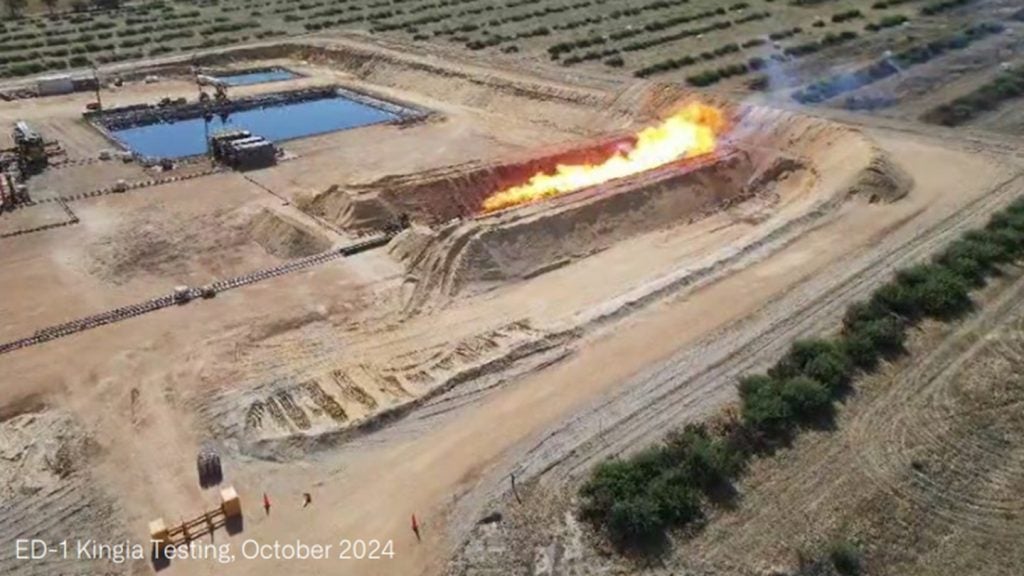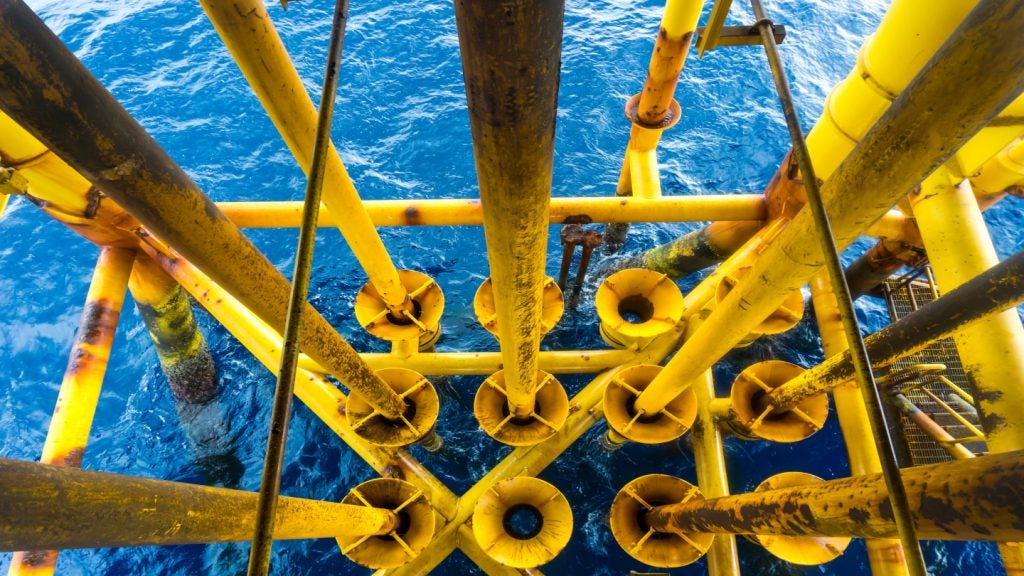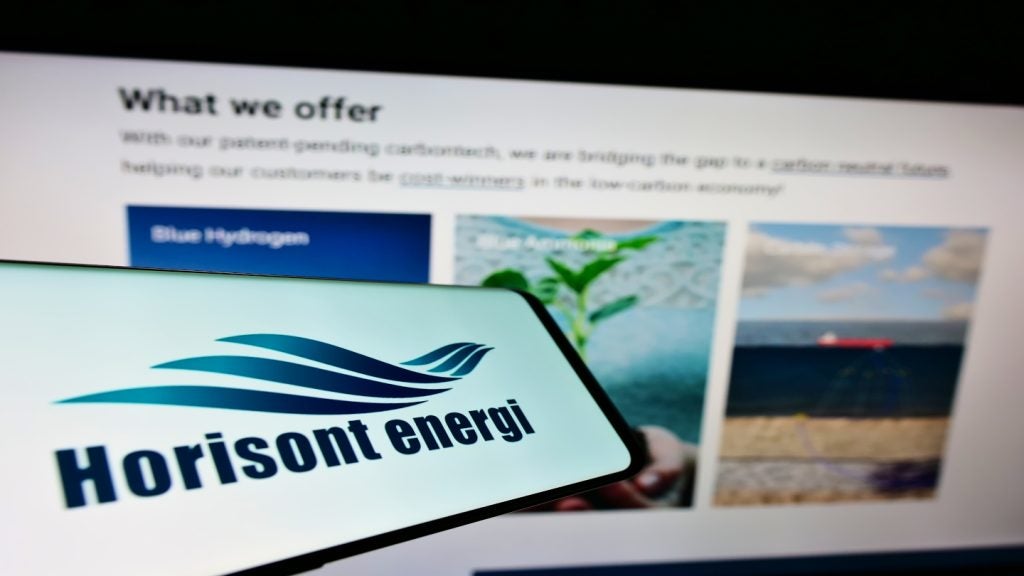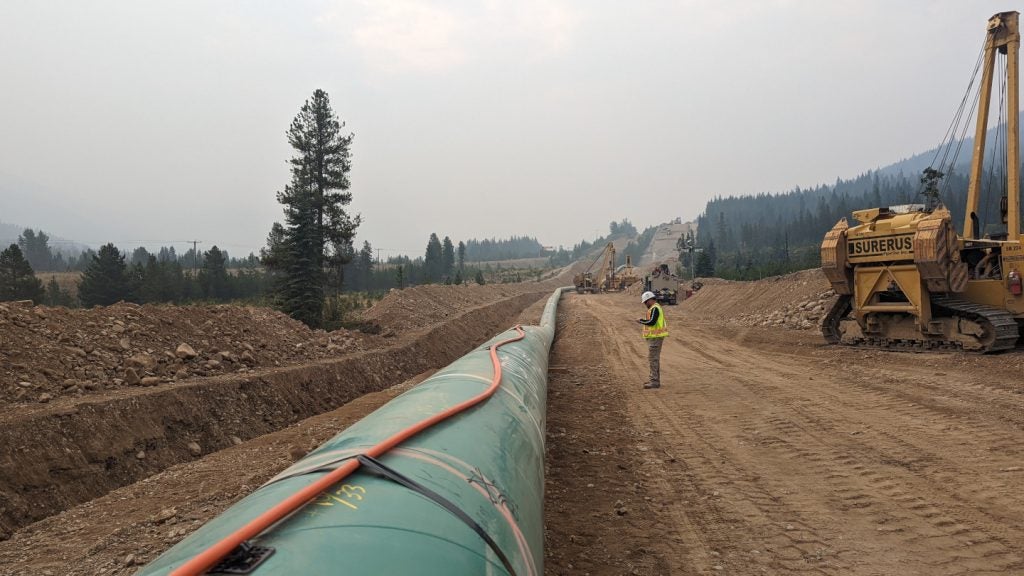
Greenpeace argued earlier this year that some of the measures needed for a just energy transition could be met through tax reform.
The environmental campaign group has long called for higher taxes on the richest individuals and the biggest corporate polluters, and, prior to the budget announcement by the UK’s Chancellor of the Exchequer Jeremy Hunt in March, it recommended that the government should equalise capital gains with income tax rates, suggesting that this could raise up to £15.2bn ($19bn) annually.
It also recommended that, once the Energy Profits Levy ends in 2028, the UK should permanently increase the tax rate on fossil fuel producer profits to a minimum of 70%.
Considering the “unequal” distribution of wealth, and the inextricable correlation between social and environmental goals, Greenpeace’s director of policy Doug Parr has called for improved public infrastructure and more consistent investment in struggling communities.
Speaking to Energy Monitor, Parr explains: “We think we need a tax on wealth because there has been a shift over the last 30 years or so and Britain has become more unequal. It’s not because of income, but because of where the wealth sits. Older people tend to have houses that have grown in value. They also quite frequently have private pensions, and they have capital that they have acquired through the course of their life, which younger people simply don’t have.
“It provides tremendous inequality, not within a demographic, but between demographics. If we’re looking for sources of wealth to even that out and contribute to positive overall societal goals, then wealth taxation becomes an important part of the puzzle.”
How well do you really know your competitors?
Access the most comprehensive Company Profiles on the market, powered by GlobalData. Save hours of research. Gain competitive edge.

Thank you!
Your download email will arrive shortly
Not ready to buy yet? Download a free sample
We are confident about the unique quality of our Company Profiles. However, we want you to make the most beneficial decision for your business, so we offer a free sample that you can download by submitting the below form
By GlobalDataTax reform could benefit public transport infrastructure
Greenpeace has long suggested that tax reform could make funds available to support the energy transition, with investment in public transport infrastructure being a favoured avenue for expenditure. Parr points out that, not only is improved public transport beneficial to the economy, but it also emits fewer harmful emissions than private cars and is generally more affordable. It is one way in which greenhouse gases could be equitably reduced.
“It is true that faster and more frequent buses, journeys, particularly in cities do increase UK GDP, but most importantly, it provides a service that is most helpful to those people who are often facing struggles in their lives,” says Parr.
Before the Autumn Statement in November 2023, Greenpeace suggested that an additional £8bn ($10bn) should be invested into low-carbon transport infrastructure annually in the UK. It also suggested an additional £2bn for walking and cycling and infrastructure and £6bn for the expansion and electrification of local and regional bus and train services.
“Aside from doing social goods, public transport is a way of helping to decarbonize the transport system, which we need to do,” Parr says. “It’s not just about electric vehicles; we need a shift in demand away from private cars, as well as just electrifying them.
“It is a classic example of where a bit of wealth taxation would be enormously helpful in the kind of transition that we need to see to a lower carbon and lower impact society. There are other examples around water and social tariffs on energy and social housing, but I think public transport is one that speaks most broadly to the society’s needs.”
Austerity logic: an obstacle to a just energy transition
Parr also points out that the period of austerity has created societal risks, which in turn have made the green transition less just. He offers the example of the UK’s housing stock, which he calls “arguably the worst in Europe.”
Greenpeace has previously flagged poor housing as a major obstacle to a fair energy transition. It blames decisions made in 2013 by the Conservatives under David Cameron, who wanted to “cut the green crap”. As a result, the government halted efforts to make housing more energy efficient, and a recent estimate found that around 9.6 million UK households are living in heat-leaking and poorly insulated homes.
According to Parr, this is how austerity logic becomes both an environmental and social problem.
“The austerity logic plays through big in the field of climate change and in pollution more generally,” he says. “Why have we got so much stuff in our rivers? Why is our housing stock the worst in Western Europe?
“The austerity logic that that coalition exemplified shows why the public services and the infrastructure that we need to deliver a low carbon society just haven’t been emphasized enough.”







